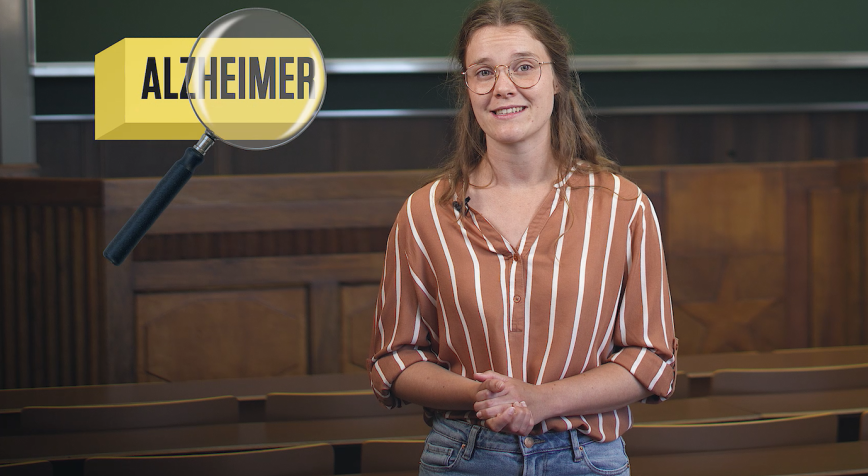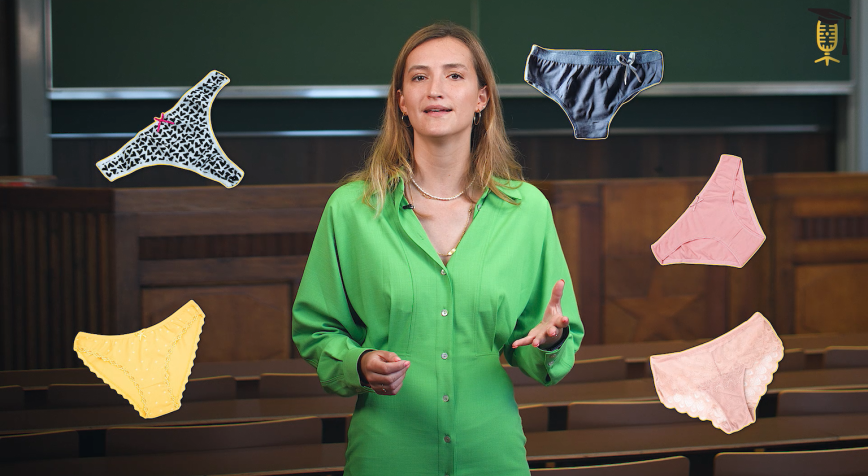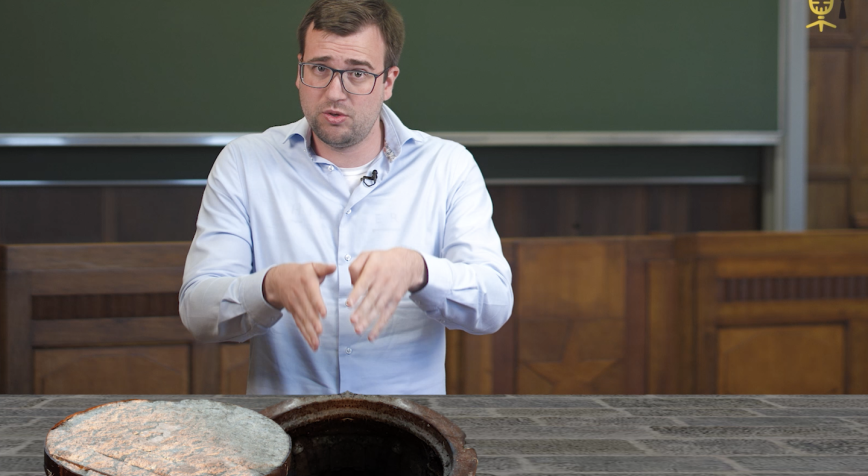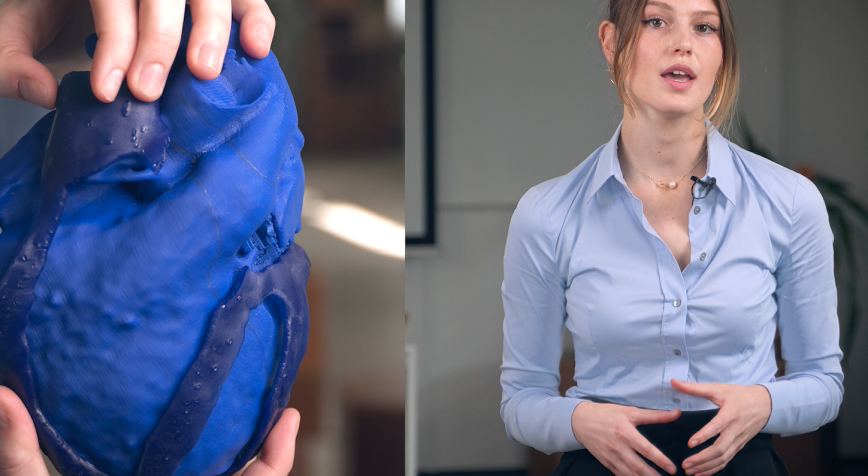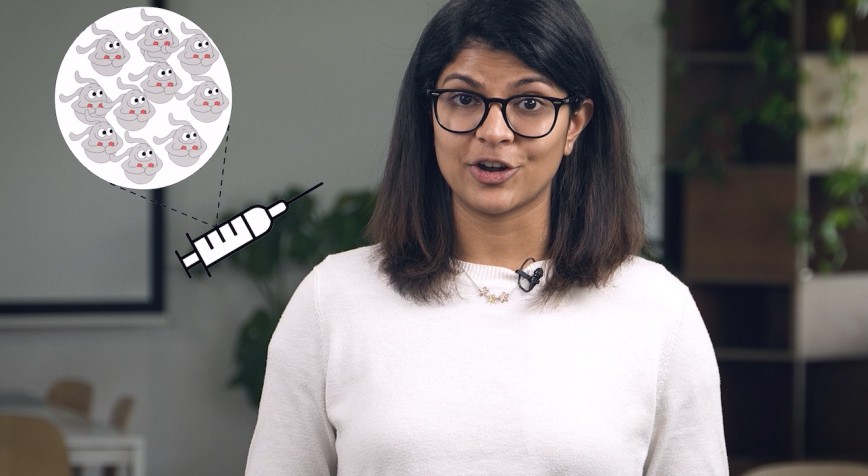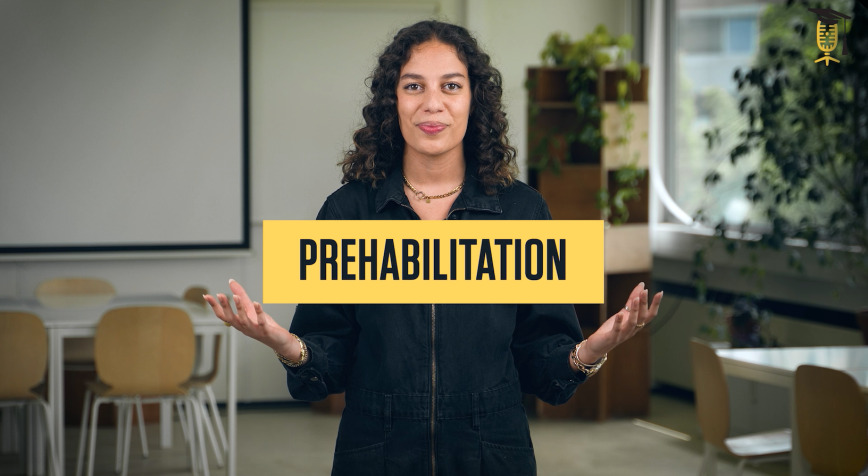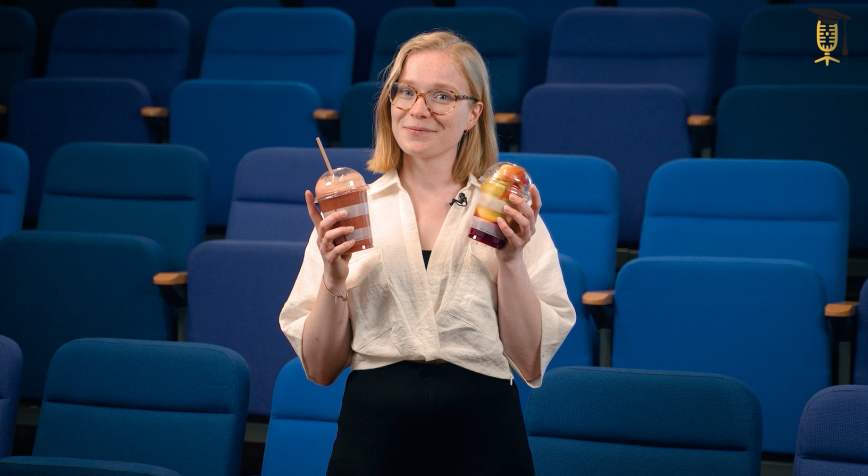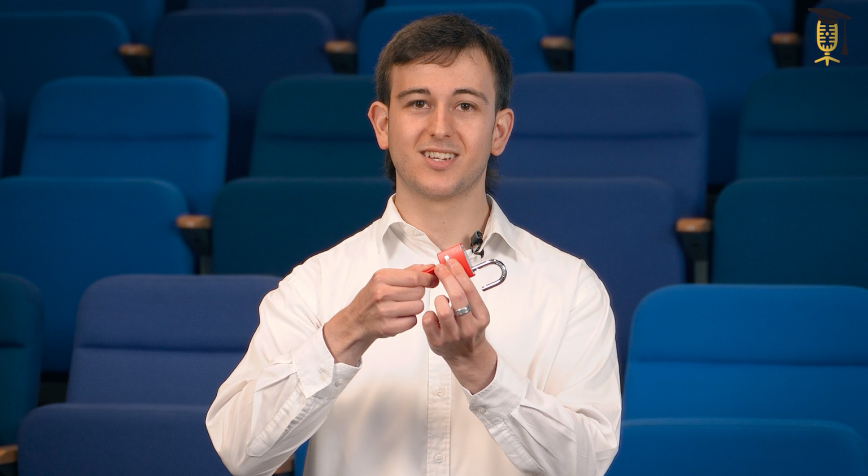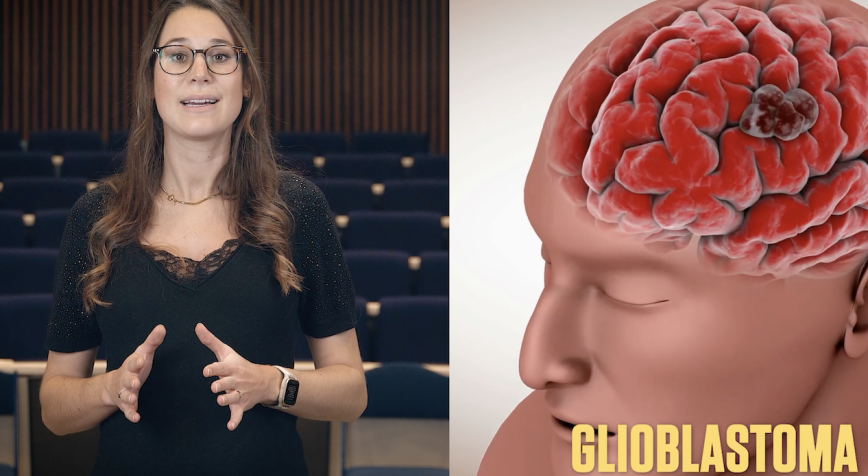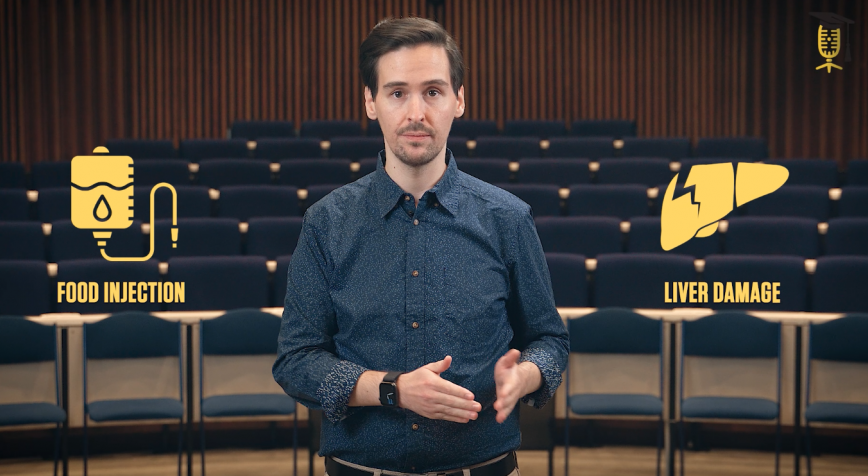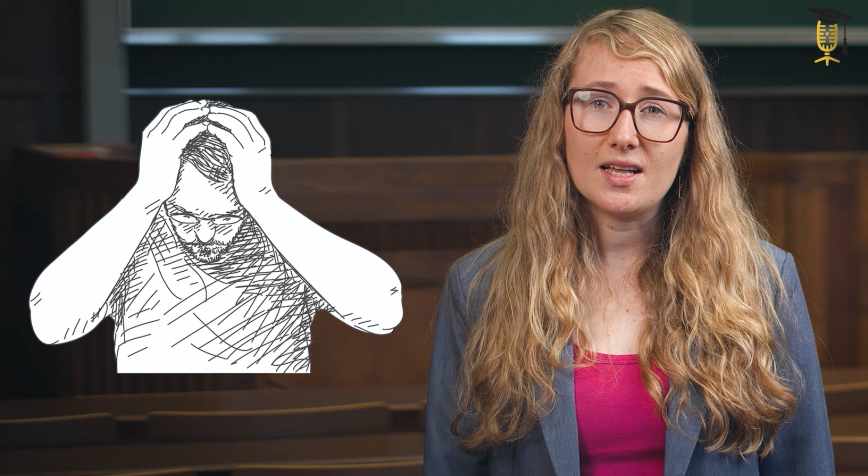
UAntwerpen
Why don't antidepressants work for everyone?
As many as one in five Belgians struggle with depression at some point in their lives. Doctors then often opt for therapy and medication, including antidepressants. Yet 1/3rd of patients do not respond to those antidepressants. For them, anti-inflammatories may offer relief. Céline Wessa tells you how in this video.
